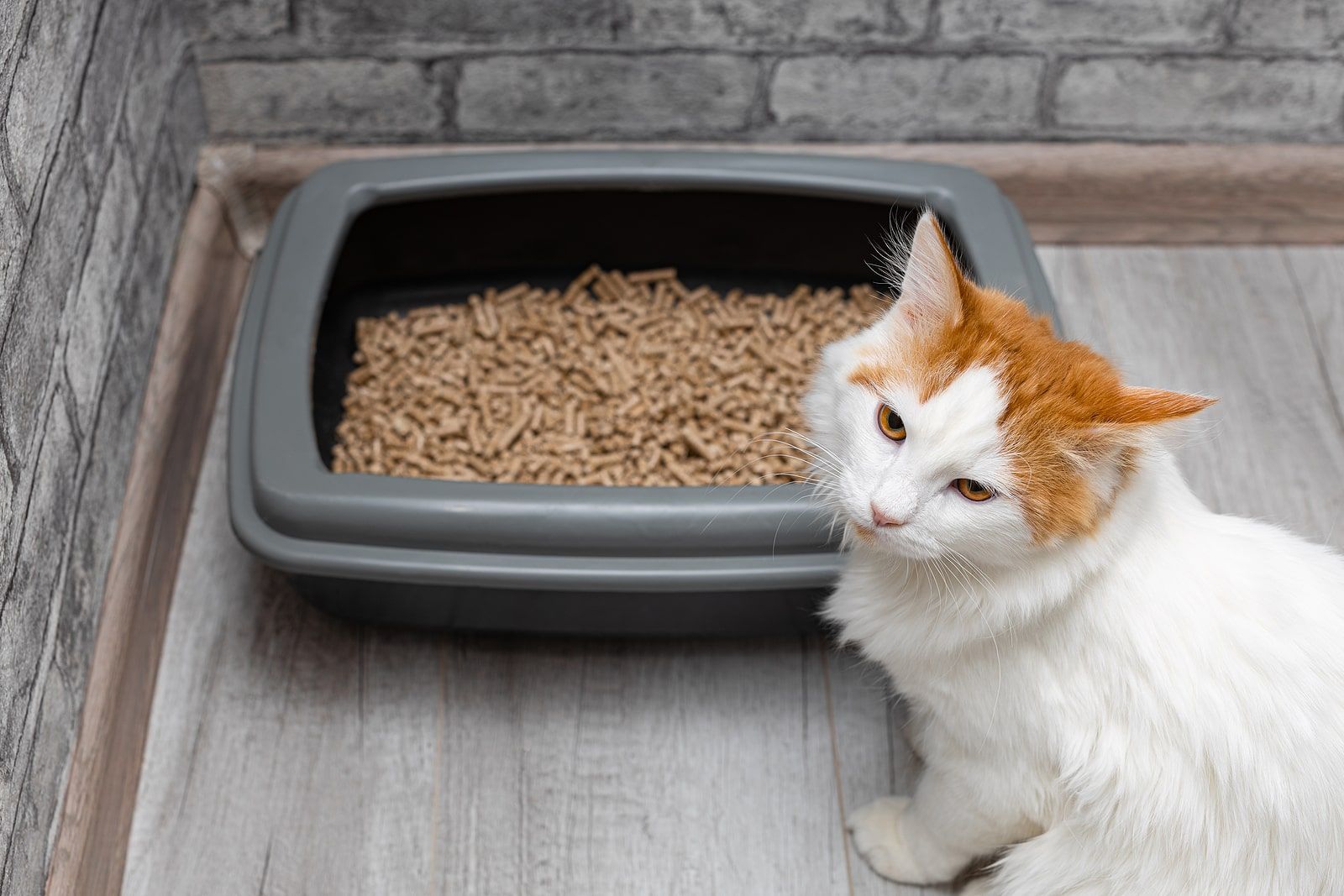What Are Some Alternatives to Cat Litter?
If you have just brought home a new cat or kitten, you know cats are adorable, but dealing with their waste is not. Luckily for us, cats instinctually like to eliminate sandy materials, so they often need little to no training from us to use a litter box. Animal experts believe that this is because, in the wild, cats bury their waste to hide their scent from predators. Regardless of the reason, cat litter boxes allow us to control where our cats do their business, cutting down on mess and odor.

What Are Cat Litter Boxes
Cat litter boxes consist of a covered or uncovered box, often made of plastic and filled with moisture- and odor-absorbing material or litter. Mechanical or self-cleaning litter boxes use an automatic rake or scoop to move the waste into a separate container for easy disposal.
What Are Some Alternatives to Cat Litter
Traditionally, cat litter is made from clay, but silica gel-based cat litter, based on quartz sand, is also gaining popularity. Traditional clay-based cat litter comes in clumping and non-clumping varieties. Cats eliminate litter, and many litters cause urine and waste to clump together, making it easier for cat owners to scoop out the material between litter changes. However, non-clumping litters do not cause material to clump together, which means the litter in the entire box needs to be changed more often.
Recently, some cat owners have become concerned about the environmental impacts of cat litter, leading them to wonder about cat litter alternatives that rival traditional litter but have a more eco-friendly footprint.
Some cats have also been known to eat traditional cat litter, which can lead to constipation or intestinal problems. If you suspect your cat has ingested litter, immediately schedule an appointment with your vet. Consider investing in an adult cat plan, a pre-paid selection of pet healthcare services, to give you peace of mind should something like this ever occur.
Here are some other cat litter options:
- Coconut cat litter: Made of 100% coconut. It can absorb over 500% of its weight in liquid. Unlike many traditional cat litter, it does not clump, though some cat owners complain that it does not mask odors.
- Wheat cat litter: Prone to developing a certain kind of fungus called aflatoxins that can be very harmful to your kitty, so be careful.
- Corn cat litter: A compressed, dried corn alternative to traditional litter.
- Wood shavings cat litter: The epitome of eco-friendliness. It is highly absorbent and made from sawdust and wood pellets, though not all cats like it.
- Paper cat litter: Made from recycled paper. Eco-friendly and practical, this litter can be expensive and messy.
- Walnut cat litter: Made from crushed walnuts. The texture is similar to clay-based cat litter but is lighter and biodegradable.
- Grass seed cat litter: This can be costly and a lousy fit for cats with allergies, but it could be a good fit if you are hunting for a soft, natural, lightweight solution that clumps well.
- Tofu-based litter: Biodegradable, dust-free, and clumps well. It can be costly and mold-prone.
And these are only a few options. Cat owners use various materials for cat litter alternatives, from sand to potting soil to even artificial turf. The possibilities are endless if they work for your home and your cat.
Which Cat Litter Is Best for My Cat
Explore the ideal cat litter solution tailored to your preferences and your cat's needs. Experiment with various options. Whether you prioritize affordability, effortless cleanup, your kitty's comfort, or eco-friendliness, the perfect choice awaits. Contact Forever Vets to discuss and discover the best fit for your home. We can identify the optimal cat litter solution. Your cat deserves the best—we're here to help you find it.


